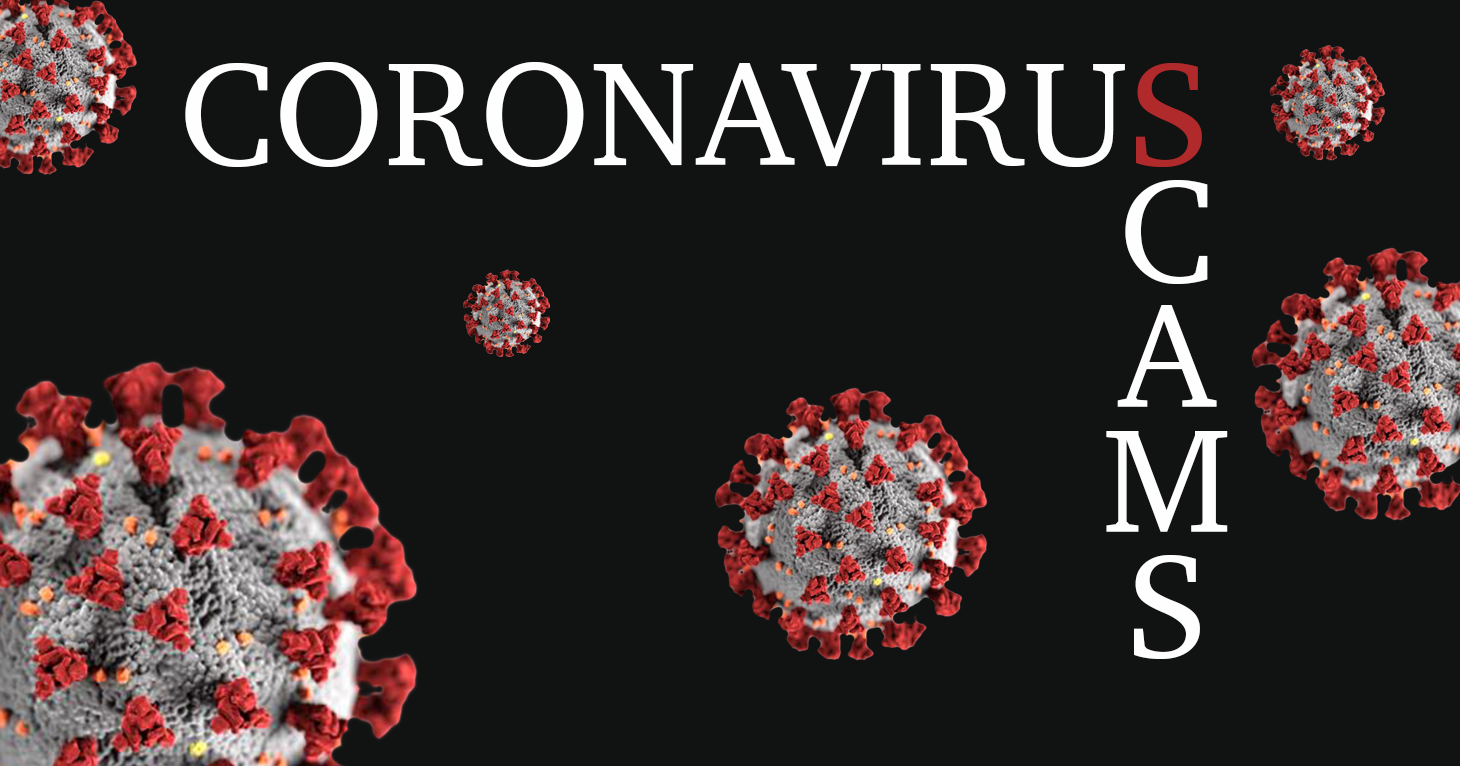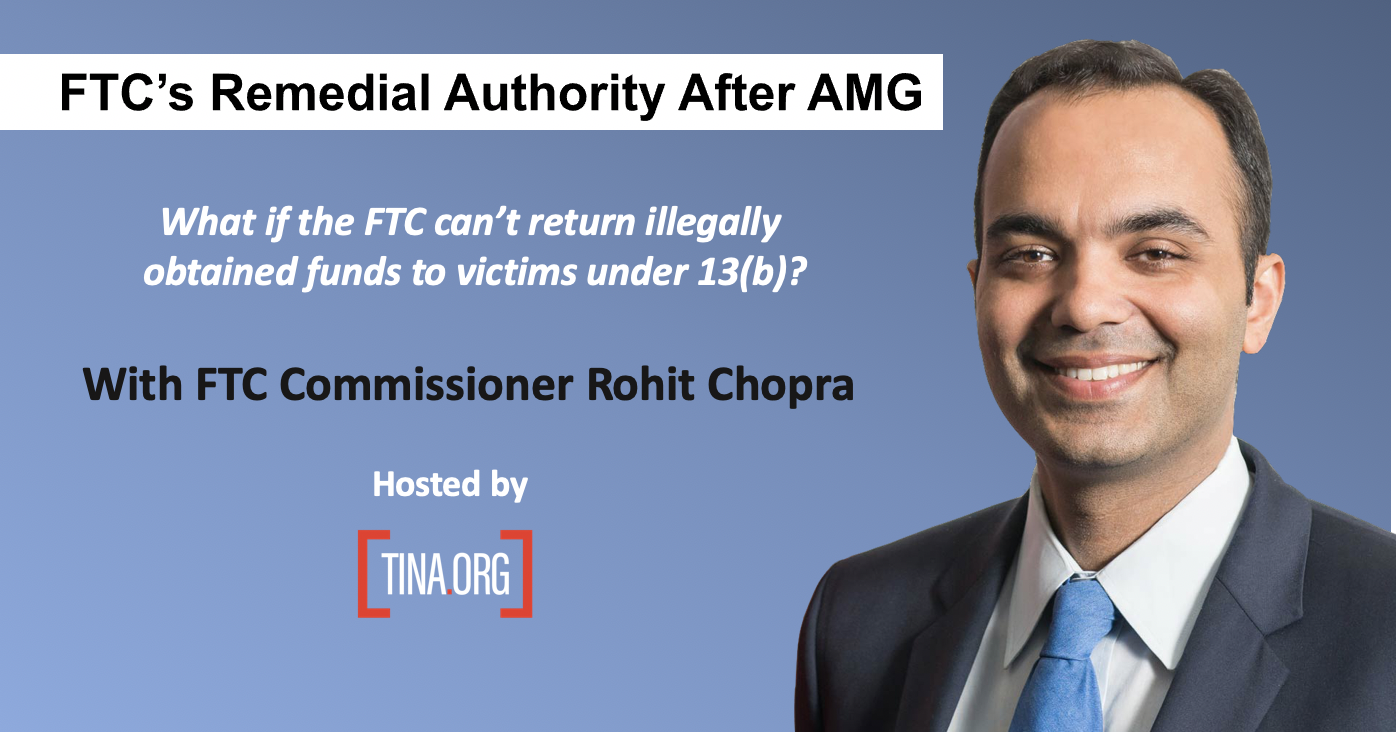
A Growing List of Coronavirus Scams
A master list of known and alleged scams.
Active servicemembers and veterans are frequent targets of scams and deceptive ads.
The Established in 1914 under President Woodrow Wilson, the FTC is the United States government’s primary regulatory authority in the area of consumer protection and anti-competitive business practices in the marketplace. Its Bureau of Consumer Protection assumes the lead in the Commission’s efforts to eliminate deceptive advertising and fraudulent business practices at work in the economy. and other government agencies are holding the first ever Military Consumer Protection Day Wednesday, kicking off a year-round campaign to enable members of the armed services to protect themselves from financial fraud, identity theft, and other related scams.
U.S. servicemembers are frequent targets of scams due to their steady incomes, constant relocation, and long stretches spent overseas. Additionally, busy schedules make it difficult for members of the armed forces, many of whom are young and living on their own for the first time, to recognize and protect themselves against scams. In 2012, the FTC received over 62,200 complaints from servicemembers, with identity theft topping the list with 24,800 complaints. Other top complaints included debt collection, imposter scams, and sweepstakes/prizes/lottery scams.
Education is often the best protection. The FTC has set-up a website at www.militaryconsumer.gov to provide information and resources to servicemembers, as well as a blog with tips for avoiding scams.
For TINA.org’s articles on protecting your identity, click here.
A master list of known and alleged scams.
From “Belgian” chocolates made in the U.S. to knockoff engagement rings, be wary of these roadblocks to love.
In case you missed it, watch the webinar with FTC Commissioner Rohit Chopra.


